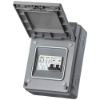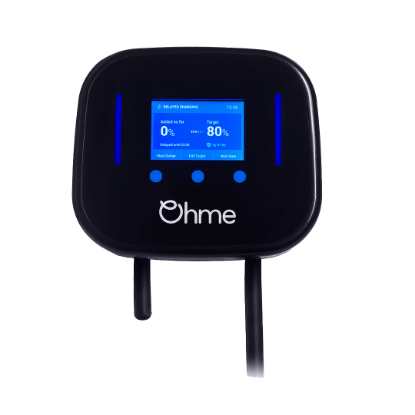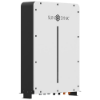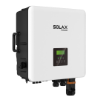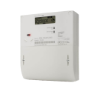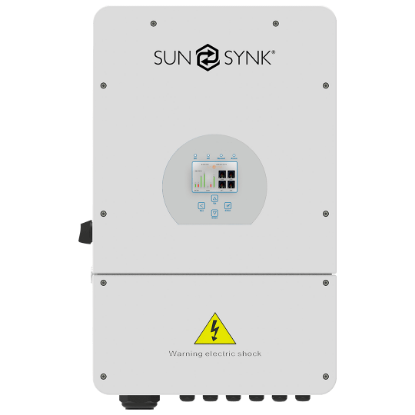Updated Septemeber 2025
Are solar panels really worth it in the UK? With bills averaging 24.86p/kWh under the price cap, and SEG tariffs paying up to £400/yr for exports, more households than ever are going solar in 2025. This guide explains the true savings, payback times, grants, and the latest solar tech — so you can decide if panels are right for your home.
In this guide
How much can you really save?
How do solar panels work?
Thinking of getting solar panels? Here's what you need to know
Cheap or free solar panels
Pros and cons of getting solar panels
Solar panel return on investment & break-even point
Are solar batteries worth it?
Do solar panels increase the value of my home?
Should you get solar panels for your home?
Are solar batteries worth it?
For many UK households in 2025, yes – solar batteries are worth it. Without storage, any surplus energy you generate during the day is exported back to the grid. With a battery, you can keep that power for when you actually need it – in the evening, overnight, or on cloudy days.
Benefits of adding a battery
- Maximise self-consumption: Use more of your own solar energy instead of buying electricity at ~24.86p/kWh.
- Save more on bills: A 5–10kWh battery can cut an extra £150–£350 a year off costs depending on usage.
- Pair with smart tariffs: With providers like Octopus Intelligent Flux, you can store cheap off-peak electricity and use it later.
- Energy independence: Batteries protect you from grid price spikes and give peace of mind.
Example batteries we recommend
Evergy only supplies tried-and-tested brands, with strong UK support and warranties:
- SolaX 5.1kWh Battery Module – flexible design, stackable for bigger systems.
- Fox ESS 2.9kWh Master Battery – compact, modular and ideal for smaller installs.
- GivEnergy Battery Range – strong UK brand, excellent monitoring app and integration.
Are they essential?
Not always. If you’re home most of the day and can shift usage (washing machine, dishwasher, EV charging) into daylight hours, you might save enough without a battery. But for most households, especially those out during the day, batteries make solar far more worthwhile.
Tip: If you’re not ready for the upfront cost now, consider a hybrid inverter such as the Sunsynk 8kW Hybrid Inverter. It’s “battery-ready”, so you can add storage later without replacing the inverter.
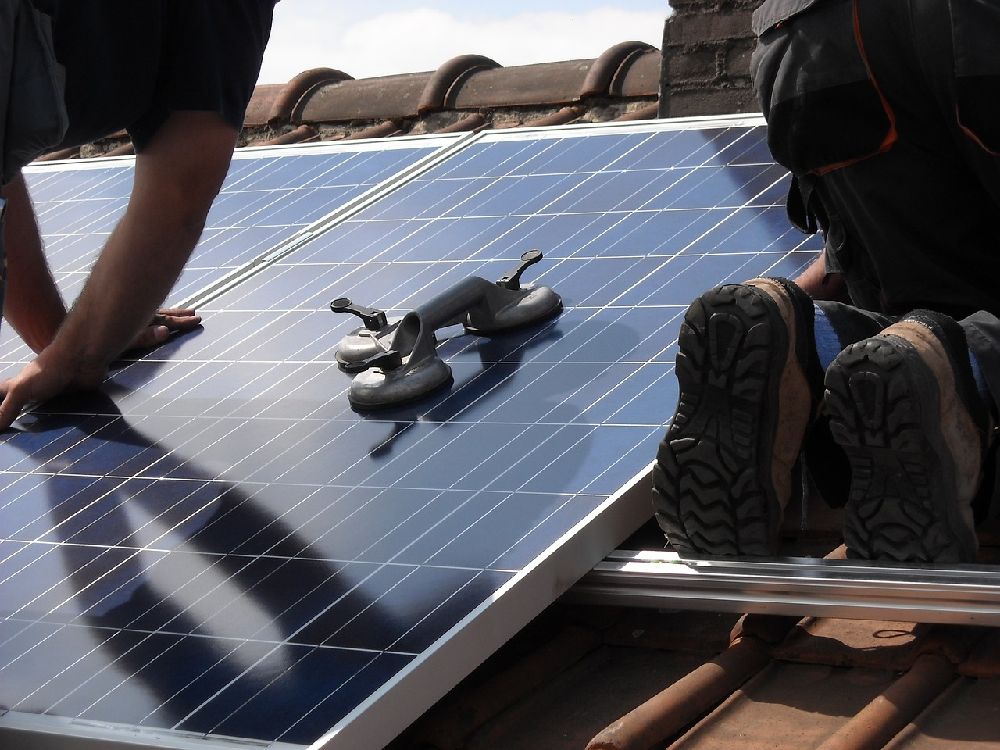
How much can you really save?
The average UK home could save between £200 and £600 per year depending on location, panel size, and usage patterns. But your actual savings depend on how much of your generated electricity you use.
The solar panel maths is getting better
Rising grid electricity costs mean solar now pays off quicker than it did a few years ago. According to the Energy Saving Trust, a typical system might pay for itself in 8 to 13 years.
BENCHMARK: You pay about 24.86p/kWh for electricity under the Price Cap
If you generate your own power, that’s money in your pocket instead of the energy supplier’s. Use more of your generated energy during the day, and you’ll save more.
The biggest gain comes from using what you generate – you could save up to £340 a year on your bills
To max your savings, shift activities like laundry, dishwashing, and EV charging to daylight hours. Consider a solar diverter or battery for surplus energy.
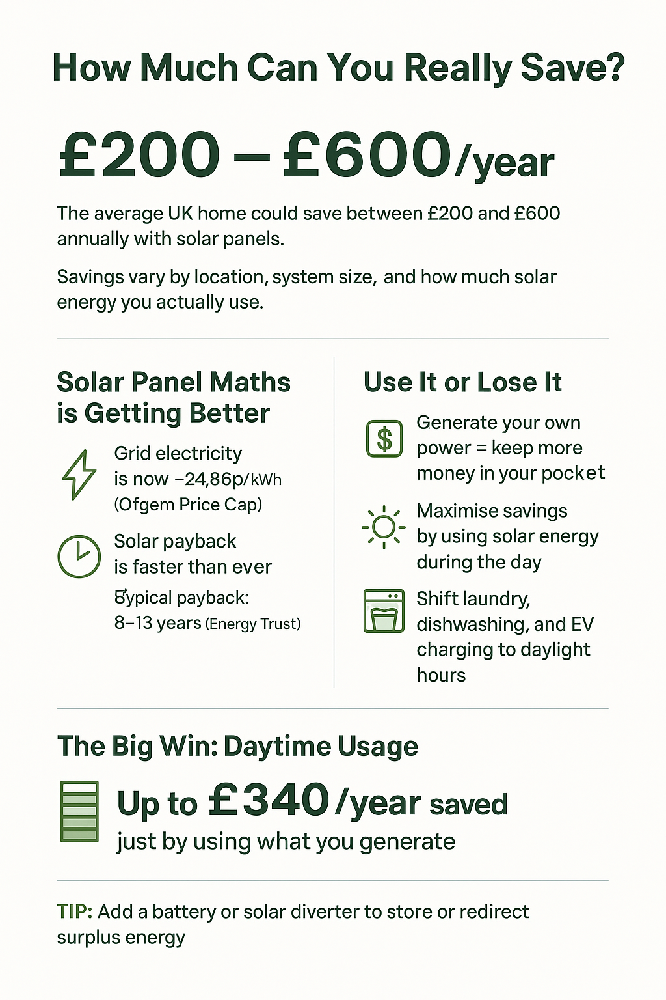
You could get paid up to £400 a year for any excess energy you generate, but SEG tariffs differ widely
Important things to understand about the Smart Export Guarantee (SEG):
You need a smart meter
You must apply directly with your chosen SEG provider
Tariffs vary wildly – you can switch if needed
You must have certified PV panels under 5MW capacity
Octopus Energy has two tariffs that can beat most of the rates above
Intelligent Octopus Flux (requires a battery)
If your SEG provider goes bust, payments will stop until you switch.
How do solar panels work?
Solar panels convert sunlight into electricity using photovoltaic (PV) cells. This electricity is then either used in your home or exported to the grid.
What are the benefits of solar panels?
Lower electricity bills
Reduced carbon emissions
Energy independence
Boost to home value (potentially)
What are PV solar panels made of?
Most are made from silicon cells, glass, and a durable frame. Panels come in monocrystalline or polycrystalline types, with monocrystalline typically more efficient.
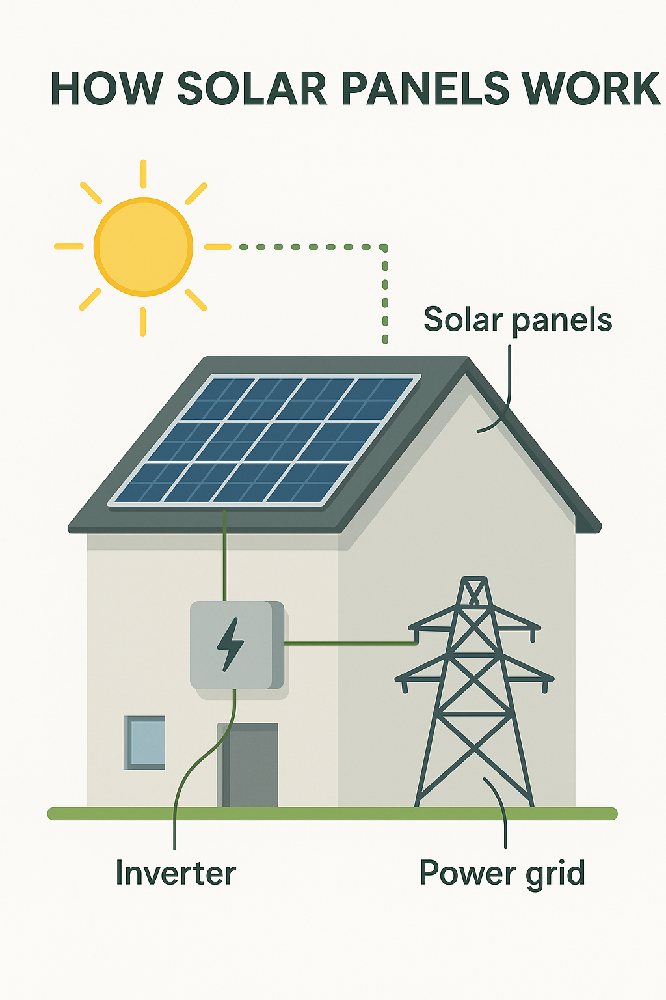
How many panels do I need?
The average UK home uses around 2,900 kWh per year. Here’s a quick, illustrative example using real Evergy-panel options and a sensible rooftop setup:
Example system: 12 × Aiko Neostar 460 W panels
- System size: 5.5 kW (12 × 460 W Aiko Neostar)
- Est. annual output: ~4,500 kWh (typical for England—good roof orientation/tilt)
- Self-consumption: If you use 60 % during daylight, you’d use ~2,700 kWh and export ~1,800 kWh.
- Annual savings: ~£670 (based on 24.86 p/kWh daytime value + SEG export earnings)
- Payback estimate: ~9–11 years depending on installation cost and solar usage habits.
You can explore high-efficiency options like the Aiko Neostar 460 W All-Black Panel or future-proof with the glass-glass Solarwatt Vision series, both of which deliver long lifespans and strong performance in UK conditions.
Key variables to consider
- Roof orientation & shade – Ideal is south-facing; east or west still works but may yield 10–15 % less.
- Available roof space – Standard panels need roughly 17 m² (for a 5-6 kW system). Smaller roofs may need LEDVANCE TopCon panels, which are more compact.
- Usage habits – Households with electric vehicles or daytime energy use get the most benefit. Otherwise, pairing with a Smart Export tariff or battery increases value.
Evergy panel options for 5–6 kW systems
Here are some of our most popular choices that balance output, durability and value:
- Aiko Neostar 460 W All-Black Panel – high-efficiency, N-type cells, elegant look.
- Solarwatt Vision Glass-Glass Panel – ultra-durable, anti-degradation build.
- LEDVANCE TopCon Panel – cost-effective with solid performance in compact sizes.
Tip: Don’t forget your inverter. A hybrid option like the SolarEdge 6 kW Home Wave gives real-time panel optimisation plus battery-readiness—ideal if you plan to add storage later.
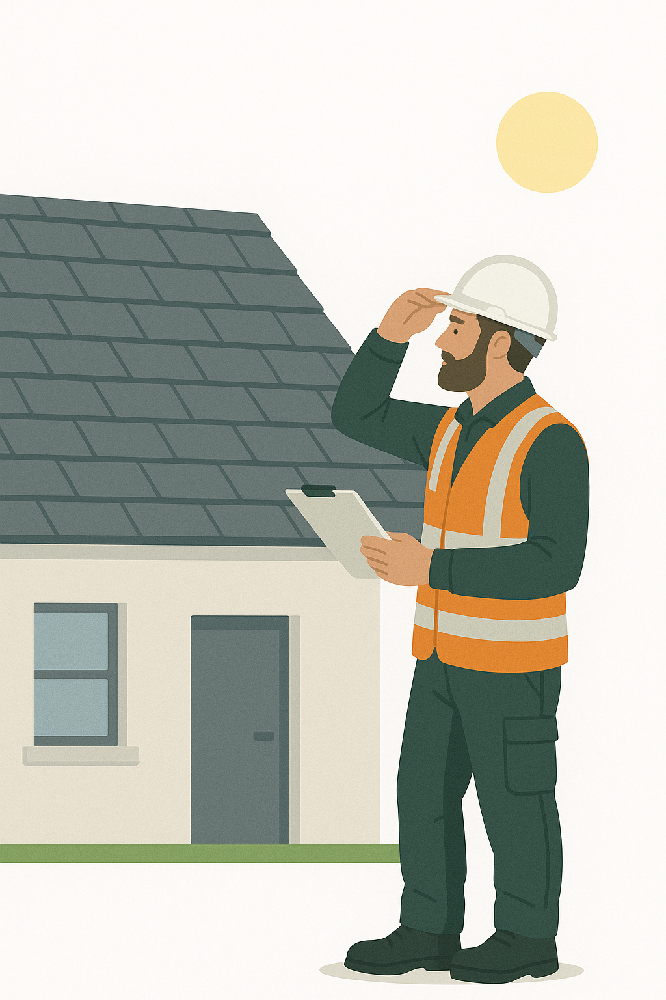
Are solar panels covered by home insurance?
Often, yes – but check with your insurer. Some policies treat them as part of the building; others require a separate note.
Don't assume you'll always recoup the cost of solar panels on your home's value
While solar can increase appeal, the added value isn't guaranteed. However, homes with low running costs can be more attractive.
Cheap or free solar panels
Government-backed schemes like ECO4 and the Great British Insulation Scheme may offer free or subsidised solar panels to qualifying households.
Usually for low-income or benefit-eligible households
Check your council’s website for local grants
Some companies also offer solar subscriptions or financing options – but avoid borrowing directly from installers if possible.
Pros and cons of getting solar panels
Pros
Reduce energy bills
Cleaner, greener energy
Less dependence on grid prices
Can sell surplus energy
Potential property value boost
Cons
High upfront cost
Not all roofs are suitable
Savings vary based on usage habits
Break-even takes time
May not pay off if you move soon
Solar panel return on investment & break-even point
What affects solar panel payback time?
How much of the electricity you use
Size of your system
Whether you have battery storage
Your SEG tariff
Your home's energy efficiency
The break-even point is about 13 years
This figure improves with better SEG rates, smart usage, and tech like batteries or solar diverters. High-quality panels like the Jinko Tiger Neo 440W N-Type Panel may improve returns with better efficiency and warranties.

Are solar batteries worth it?
Batteries let you store excess electricity for use when the sun isn’t shining.
Good for households home during evenings
Helps reduce reliance on grid energy
Can increase savings, but adds cost
We recommend solutions like the SolaX 5.1kWh Battery Module or Fox ESS 2.9kWh Master Battery for reliable energy storage.
Do solar panels increase the value of my home?
They can. Some studies suggest homes with solar fetch up to 14% more (GreenMatch). But this isn’t guaranteed. Location, appearance, and buyer preferences all play a role.
Should you get solar panels for your home?
If you have the right roof, use a lot of electricity during the day, and plan to stay put for several years – yes, solar panels are likely worth it.
We recommend SolarEdge Inverters or Sunsynk Hybrid Inverters for intelligent power management and future-proofing.
Final thoughts
Solar panels are a smart investment for many UK homeowners in 2025. Rising energy prices, better export tariffs, and improved technology make solar more accessible and worthwhile than ever.
Ready to start your solar journey?
Visit Evergy to explore our full range of solar panels, batteries, inverters, and installation support. We only stock trusted brands and offer advice, competitive prices, and fast delivery.
Explore more insights on our blog, including the best home EV chargers in the UK for 2025 and which chargers work with Octopus Intelligent Go.
For a more comprehensive understanding of how solar panels function and the latest installation practices in the UK, explore our updated guide: How Solar Panels Work in the UK (2025 Guide).
Need information on grants? Our latest post is all about Solar Panel Grants & Funding!



